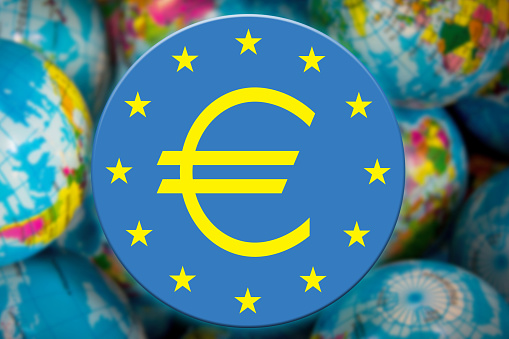ECB officials signal rate cut prospects, eyeing Spring for initial move
Introduction
Several ECB policymakers have recently indicated their expectation of impending rate cuts, with spring—most likely June—being identified as the likely period for the first reduction. Governing Council member Francois Villeroy de Galhau, during an interview with BFM Business television, stated that a rate cut in the spring months is “very probable.” Villeroy also mentioned a “large consensus” within the Council regarding this decision.
Implications of Rate Cuts
Rate cuts by the European Central Bank (ECB) could have significant implications for the economy and financial markets. Lower interest rates generally stimulate borrowing and spending, which can help boost economic growth. However, excessively low rates may also have negative consequences, such as excessive risk-taking and asset price inflation.
Additionally, rate cuts may impact the exchange rate of the euro against other major currencies. A lower interest rate typically makes a currency less attractive to investors, potentially leading to a depreciation of the euro.
How This Will Affect Me
As a consumer or borrower, a rate cut by the ECB could mean lower borrowing costs on loans and mortgages. This could make it more affordable to take out new loans or refinance existing debt. However, savers may see a decrease in the interest earned on their savings accounts.
How This Will Affect the World
The ECB’s decision to cut rates could have ripple effects beyond Europe. A rate cut in the eurozone may influence the policies of other central banks around the world. It could also impact global financial markets and investor sentiment, potentially leading to changes in asset prices and exchange rates.
Conclusion
The anticipation of rate cuts by ECB officials has generated significant interest and speculation in the financial markets. The timing and magnitude of these cuts will be closely watched by economists, investors, and policymakers alike, as they could have far-reaching implications for the economy both in Europe and globally.





